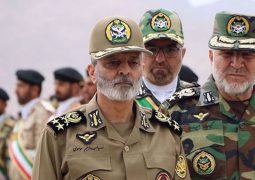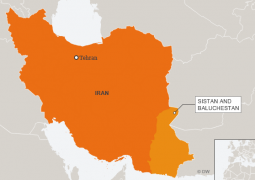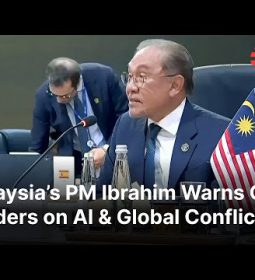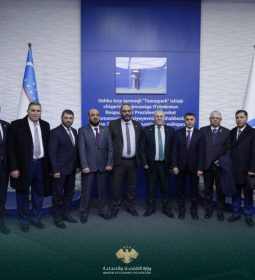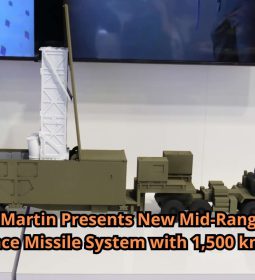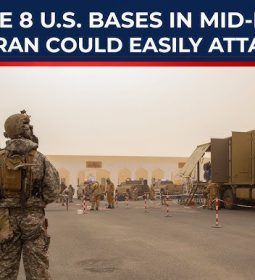Turkiye blocks US delivery of attack choppers to India, helps its Pakistani ally


US manufacturer Boeing is reworking the delivery timetable for the Indian Army’s remaining Apache attack helicopters after Turkiye withheld overflight clearance for the transport aircraft carrying them, Indian media reported on 13 November.
According to Indian defense and security sources, an Antonov AN-124 (serial UR-82008) departed Mesa Gateway Airport in Arizona on 1 November with the second batch of Apaches.
The aircraft landed at East Midlands Airport in England for refuelling, but remained grounded for eight days before flying back to Mesa on 8 November.
The helicopters were unloaded at the US base, and the Antonov subsequently departed.
Pressed on why the delivery flight returned to the US, Boeing said it was “closely engaged with the US government and the Indian Army” and was working to fulfill the contract “as expeditiously as possible.”
The company attributed the setback to “logistical issues caused by external factors” and noted it has already delivered 22 Apaches to the Indian Air Force and three to the Indian Army.
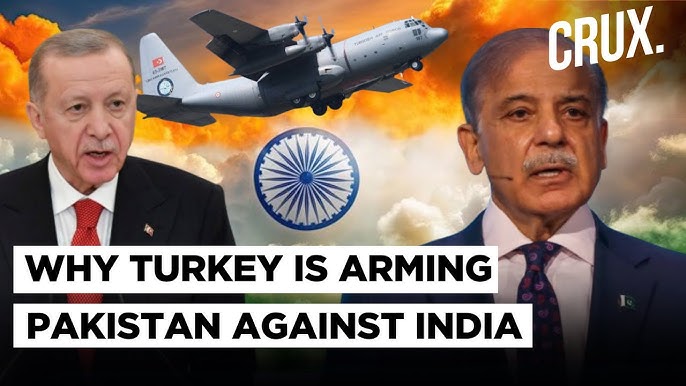
Indian sources said the underlying cause was Turkiye’s decision to withhold permission for the Antonov to transit its airspace.
With alternate corridors still being negotiated and the transport aircraft scheduled for another assignment, the operator chose either to leave the cargo in the UK or return it to the US.
The same Antonov successfully delivered the first three Apaches in August after flying through Turkish airspace, but this time Ankara did not grant clearance.
India’s relationship with Turkiye has been pushed to its lowest point in years after Ankara openly backed Pakistan during what India dubbed “Operation Sindoor” and supplied extensive military support.
Turkiye provided Pakistan with more than 350 drones and deployed military operatives, two of whom were reported killed.
Indian military officials said Pakistan’s battlefield capabilities during the four-day confrontation were strengthened by simultaneous support from China and Turkiye, making it one of India’s most complex engagements in recent years.

Ankara also took an explicitly pro-Pakistan line throughout the fighting and pointedly offered no condolences after a terrorist attack in Indian-administered Kashmir that killed dozens of Hindus.
Pakistani forces used Turkish-made Bayraktar TB2, YIHA, and Asisguard Songar drones in their strikes on Indian targets.
In response, New Delhi initiated a series of retaliatory steps – with Indian officials skipping Turkiye’s National Day reception in October 2025 – the government indefinitely deferred acceptance of Turkiye’s ambassador-designate by freezing the credential ceremony, and a domestic “Boycott Turkey” campaign sharply reduced Indian tourism to the country.
- Previous Kyrgyzstan’s Law – No More 45% to be Owned its Debt by One Country – to Manage Chinese Debt
- Next Indonesia says 20,000 troops trained for Gaza ‘stabilization force’




